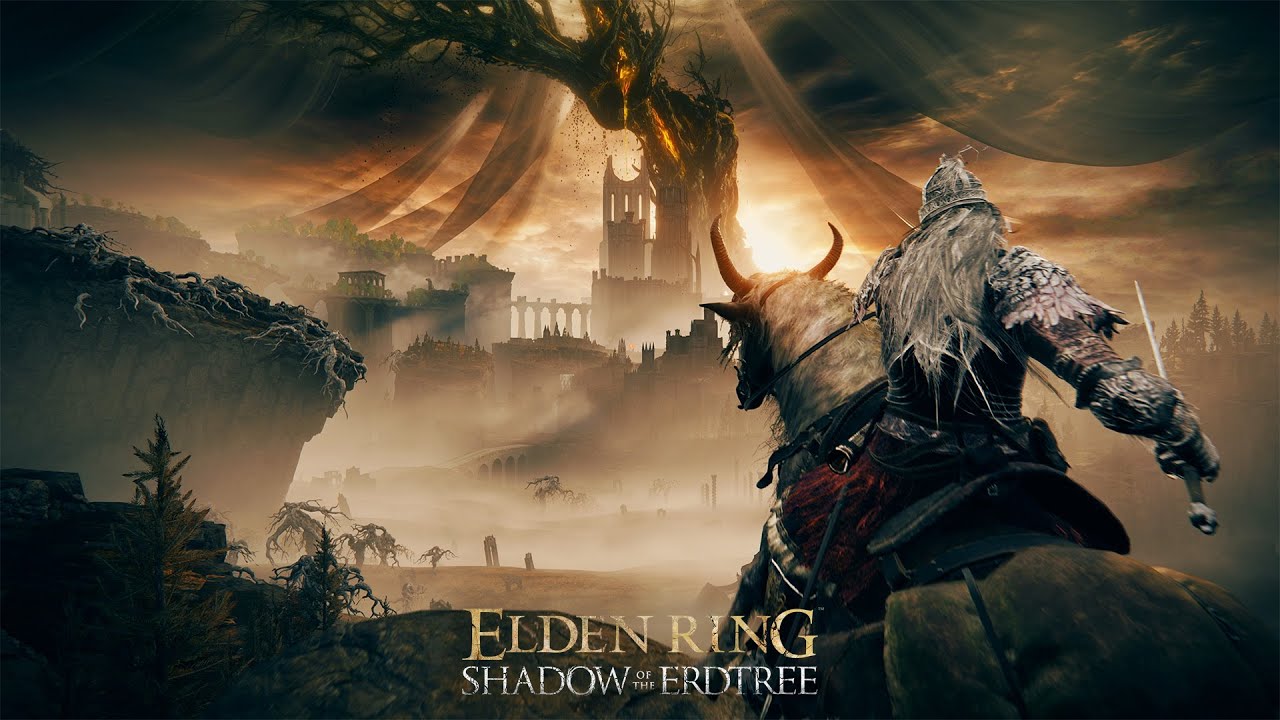FromSoftware and Bandai Namco have recently reached a significant milestone with Elden Ring: over 30 million copies have been sold worldwide across all platforms. The announcement was made just weeks before the release of Elden Ring Nightreign, the highly anticipated multiplayer episode scheduled for May 30, 2025.
Released on February 25, 2022, Elden Ring was not just a new Souls-like game but a true revolution for the Japanese studio. Under the direction of Hidetaka Miyazaki and with the contribution of writer George R.R. Martin for crafting the lore, FromSoftware managed to offer an ambitious experience: an immense, coherent, and brutally demanding open world, faithful to the studio’s philosophy. Upon its release, success was assured: 12 million copies were sold in less than a month. This is a record-breaking figure for FromSoftware, far surpassing the cumulative performance of the Dark Souls trilogy. In comparison, Dark Souls III had taken nearly four years to reach 10 million units.
Word of mouth, glowing reviews (97% on Metacritic upon release for some versions), and the community effect quickly turned Elden Ring into a global phenomenon. The title even won the most prestigious award at The Game Awards 2022, taking home the trophy for Game of the Year, beating heavyweights like God of War Ragnarok. Parallel to its immense critical success, Elden Ring has made a significant cultural impact: numerous memes, cosplays, fan-arts, and YouTube lore analyses with over a million views… even those unfamiliar with Souls games now recognize names like Radahn or Malenia.
Today, with over 30 million copies sold, Elden Ring solidifies its position as one of the most significant games of the decade. For instance, it has surpassed The Witcher 3 in terms of initial performance and begins to rival titles like GTA V or Breath of the Wild in influence. The upcoming release of Nightreign is expected to further reinforce this trend. With a substantial player base and an active community, FromSoftware appears poised to repeat its success. Following Demon’s Souls, Dark Souls, Bloodborne, and Sekiro, the studio demonstrates its ability not only to innovate but also to reach a growing audience while maintaining its core identity. This is a rare achievement in an industry where balancing critical acclaim and commercial success often presents significant challenges.
Have any thoughts?
Share your reaction or leave a quick response — we’d love to hear what you think!
